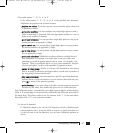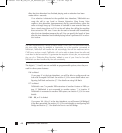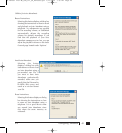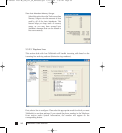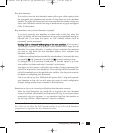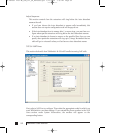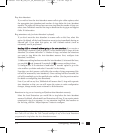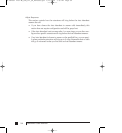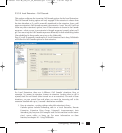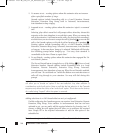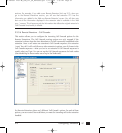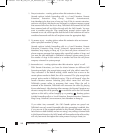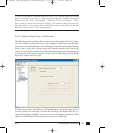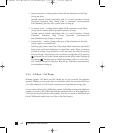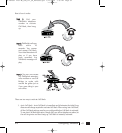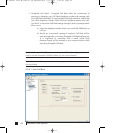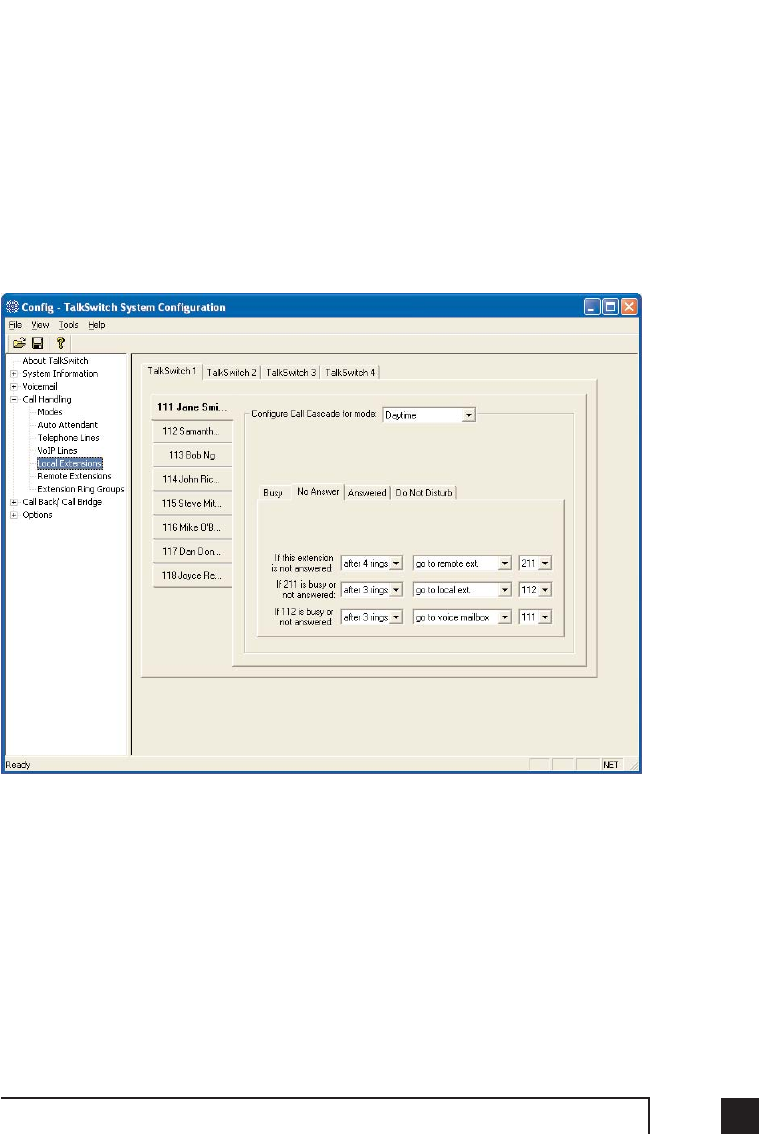
553.0 Configuring TalkSwitch
3.3.3.5 Local Extensions - Call Cascade
This section configures the incoming Call Cascade options for the Local Extensions.
The Call Cascade routing options are only engaged if the extension is chosen from
the Auto Attendant or if a call is manually transferred to the extension. Once a call
enters an extension’s Call Cascade sequence, the extension “owns” the call. It will not
follow any other extension’s options, even if that extension is chosen in the Cascade
sequence—what you see in an extension’s Cascade sequence is exactly what you’ll
get. You can set up the Call Cascade sequences differently for both scheduling modes
(the scheduling for these modes are set up on the Modes tab).
Even if a call is manually transferred to a Local Extension that is busy, TalkSwitch
will follow the Call Cascade options for that extension.
For Local Extensions, there are 4 different ‘Call Cascade’ situations; Busy at
extension, No answer at extension, Answer at extension (routing when a call is
rejected) and Do not Disturb (when turned on at an extension). For each of these
situations, you can control how and where you want the incoming call to the
extension handled with up to 3 ‘cascade’ destinations available.
1. Busy at extension - routing options when this extension is busy:
Cascade options include forwarding calls to a Local Extension, Remote
Extension, Extension Ring Group, Voicemail, Announcement, Auto
Attendant, play busy tone (for example: used if a fax machine is at the exten-
sion), queue caller, or hang up. For more information on these
features, see chapter 4.0 - Using TalkSwitch.
TS manual 11th ED_CVA_v11_CD_Release.qxd 7/13/2004 3:35 PM Page 55



